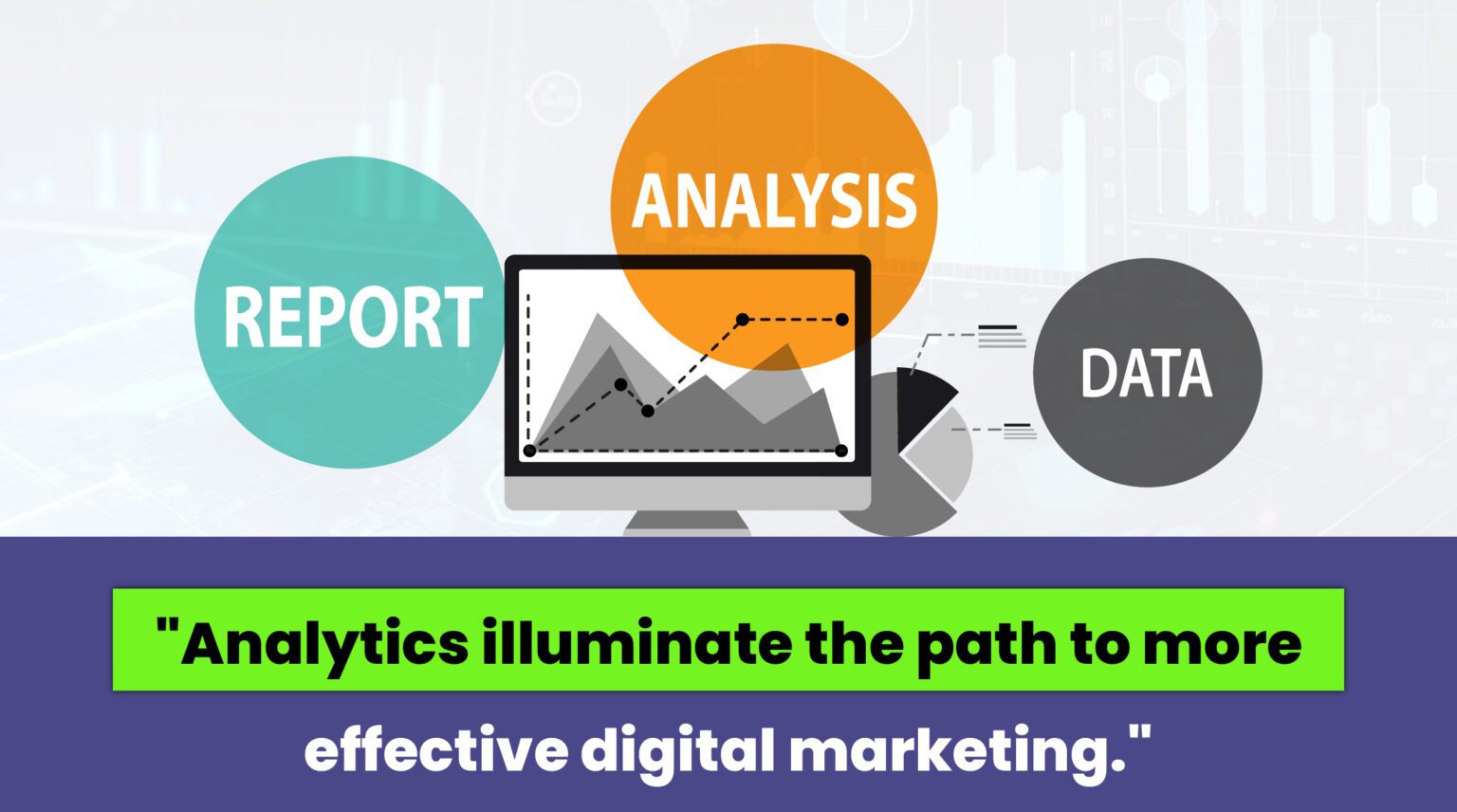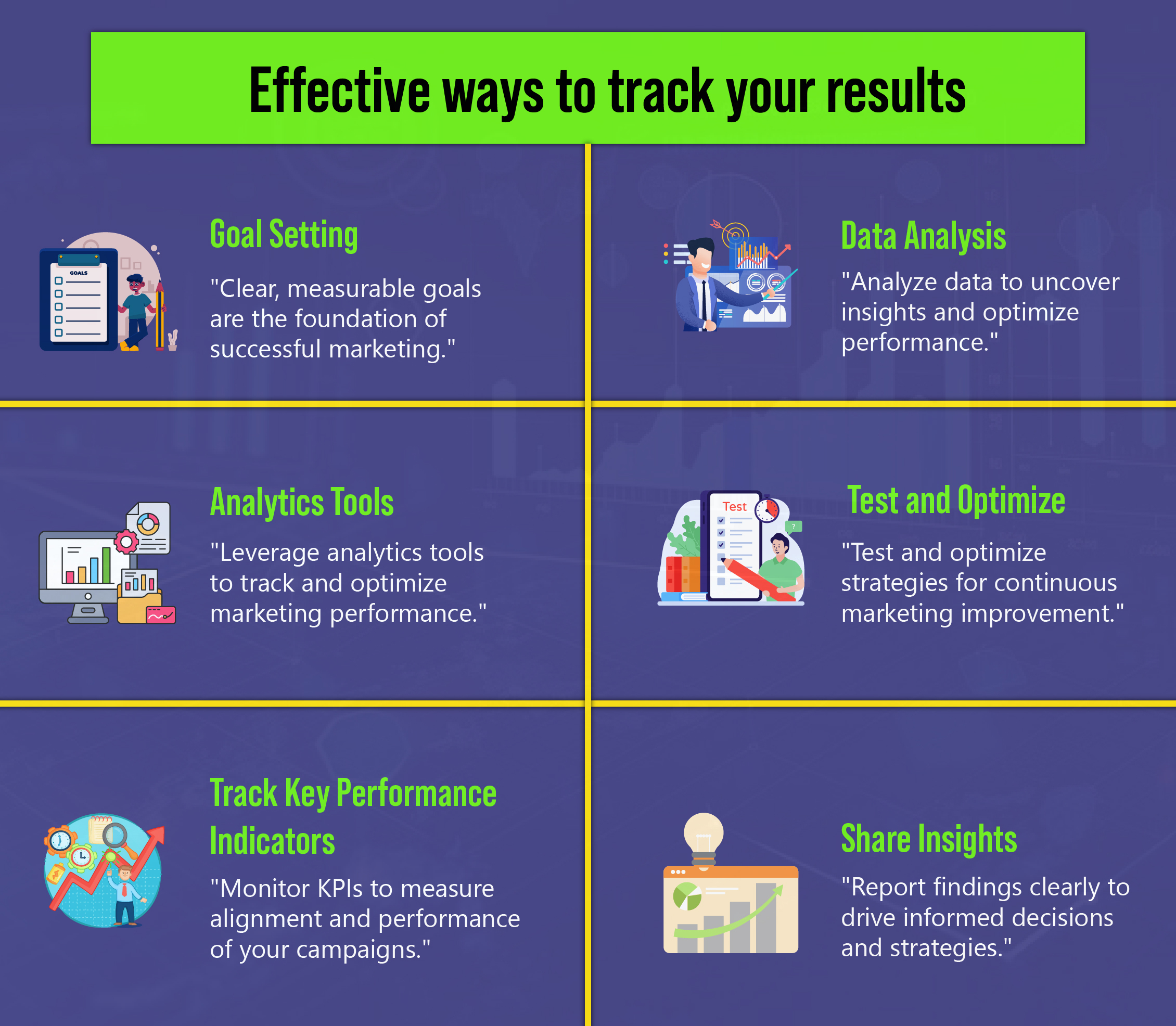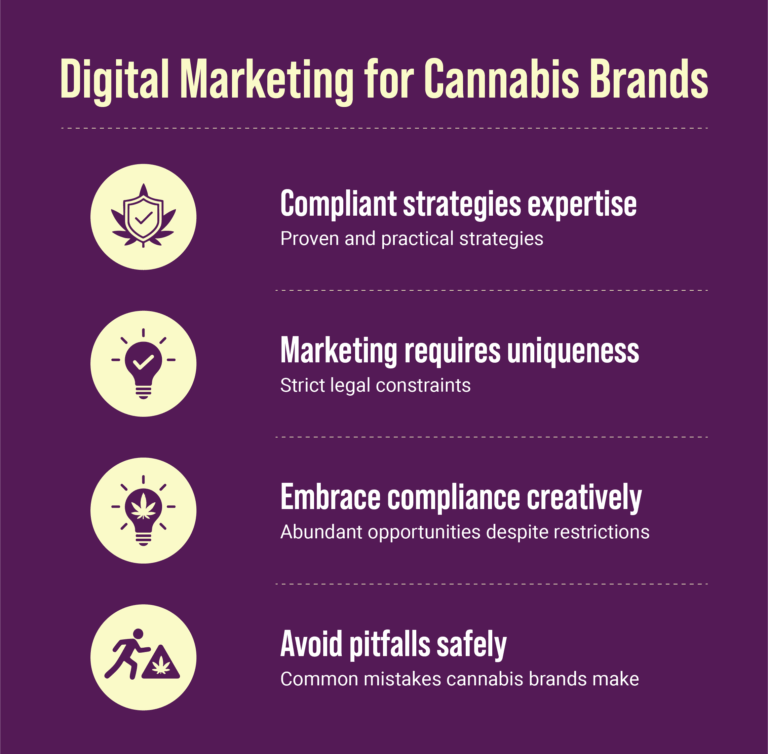
The main objective of digital marketing is to reach your audience, engage them, and drive conversions. But how can you ensure your strategies are effective? Using analytics is key to your success. It helps you measure how well your campaigns are working, understand your audience’s behaviors, and make informed decisions. However, it’s not just about collecting data; it’s about using that data to improve your strategies and achieve your business goals. This blog will discuss the important role of analytics in digital marketing and offer practical steps for tracking your results effectively.
Why Analytics Matter in Digital Marketing?
1. Data-Driven Decision Making
Analytics helps marketers make decisions based on data instead of guesses. By looking at consumer behavior, conversion rates, and engagement metrics, businesses can enhance their marketing efforts. This approach allows organizations to:
- Identify Effective Strategies: Understand what works and what needs improvement.
- Allocate Resources Wisely: Decide where to invest time and money.
- Tailor Messaging: Know customer preferences and create messages that resonate with them.
2. Performance Measurement
Measuring how well your marketing campaigns perform is crucial for determining success. Analytics provides key performance indicators (KPIs) that help businesses evaluate their strategies. Common metrics include:
- Website Traffic: The number of visitors to your site.
- Bounce Rate: The percentage of visitors who leave after viewing just one page; a high bounce rate may indicate issues with your content or user experience.
- Conversion Rate: The percentage of visitors who complete a desired action, like making a purchase or signing up for a newsletter.
- Click-Through Rate (CTR): Measures how often people click on a link in your online ads or emails.
3. Enhanced Customer Insights
Understanding your audience is vital in digital marketing. Analytics tools allow businesses to segment their audience by demographics, interests, and behaviors. This segmentation helps in:
- Creating Personalized Marketing Messages: Tailoring content to specific audience segments.
- Spotting Growth Opportunities: Identifying trends and areas for market expansion.
- Building Stronger Relationships: Delivering relevant content fosters trust and loyalty among customers.
4. ROI Calculation
Analytics allows marketers to evaluate the return on investment (ROI) for different campaigns. By tracking expenses alongside conversions, businesses can see which campaigns produce the best results and maximize profitability. This insight allows for:
- Better Budget Allocation: Investing in the most effective channels.
- Prioritizing High-Performing Strategies: Focusing on campaigns that yield the best returns.
- Continuous Improvement: Adjusting marketing strategies based on past performance.
How to Track Your Results Effectively?

1. Set Clear Goals
Before diving into analytics, it’s essential to establish clear, measurable goals for your digital marketing efforts. Use the SMART criteria to create goals that are:
- Specific: Clearly define what you want to achieve.
- Measurable: Set KPIs that you can quantify.
- Achievable: Create realistic targets based on your current capabilities.
- Relevant: Ensure your goals align with overall business objectives.
- Time-Bound: Define a timeframe for achieving these goals.
Example: “Increase website traffic by 30% over the next three months.”
2. Use Analytics Tools
Many analytics tools can help you track and analyze your digital marketing performance. Some popular options include:
- Google Analytics: A free tool that provides insights into website traffic, user behavior, and conversion tracking.
- Google Ads: Offers analytics within your Google Ads account to show the performance of your campaigns, keywords, and ads.
- Social Media Analytics: Platforms like Facebook and Instagram offer built-in analytics to track engagement, reach, and audience demographics.
3. Monitor Key Performance Indicators (KPIs)
Once you have your goals and tools in place, it’s time to closely track your KPIs. Regularly monitoring these metrics will help you understand how well your campaigns align with your objectives. Common KPIs to track include:
- Traffic Sources: Discover where your visitors are coming from (organic search, paid ads, referral traffic, etc.).
- User Engagement: Monitor metrics like bounce rate, time on page, and pages per session to gauge user interaction with your content.
- Lead Generation: Track the number of leads generated from your campaigns and their quality.
4. Analyze and Interpret Data
Collecting data is only part of the process; analyzing it is where the real insights come from. Consider these approaches:
- Compare Performance Over Time: Look at trends over different periods to identify seasonal shifts or long-term growth.
- Segment Your Data: Break down your analytics by demographics or marketing channels to see which segments perform best.
- Identify Areas for Improvement: Find underperforming parts of your campaigns, whether it’s an ad or a landing page, and make adjustments.
5. Test and Optimize
Digital marketing is an ongoing process of testing and refining. Use A/B testing to try different approaches, such as:
- Email Subject Lines: Test variations to see which one grabs more attention.
- Ad Copy Variations: Discover which messaging resonates best with your audience.
- Landing Page Designs: Experiment with layouts to enhance user experience.
By analyzing test results, you can find out which strategies work best and continuously improve your campaigns.
6. Report Your Findings
Regular reporting is essential to keep everyone informed and aid decision-making within your organization. Consider using visualization tools like Google Data Studio or Tableau to present your data engagingly and understandably.
Create comprehensive reports that include:
- Overview of Objectives and Results: Summarize what you aimed to achieve and the outcomes.
- Insights from Data Analysis: Highlight key findings that can inform future strategies.
- Recommendations for Future Strategies: Offer actionable suggestions based on your analysis.
Conclusion
Analytics is essential for improving your strategies, understanding your customers better, and getting the most out of your ROI. A data-driven approach helps you understand your audience, improve campaigns, and adapt to market changes, ensuring ongoing success.
Ready to unlock the full potential of analytics in your digital marketing? Start implementing these best practices today!
If you need expert guidance or want to develop a robust analytics strategy, contact us now.
Let’s work together to transform your marketing efforts and achieve the results you’re aiming for!



